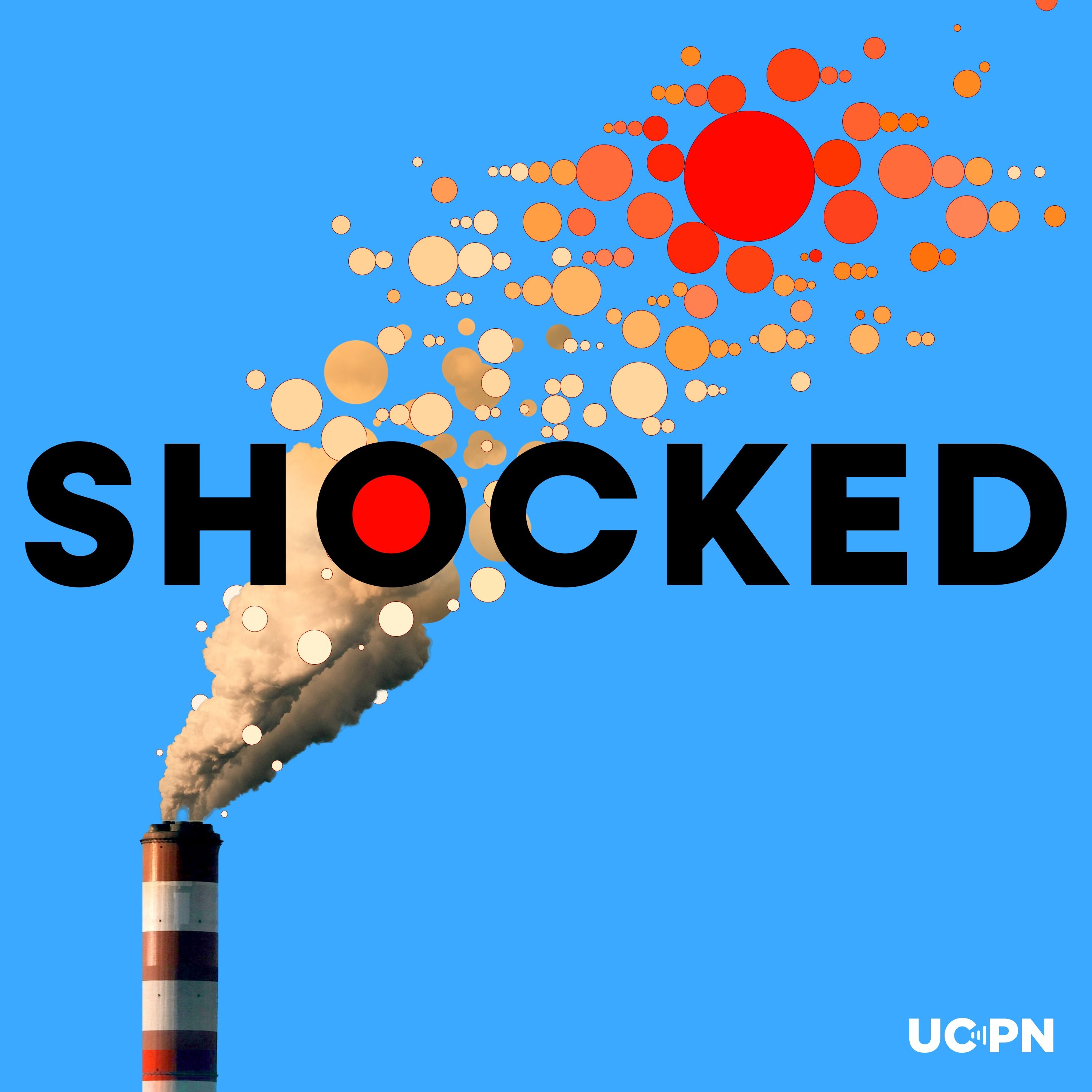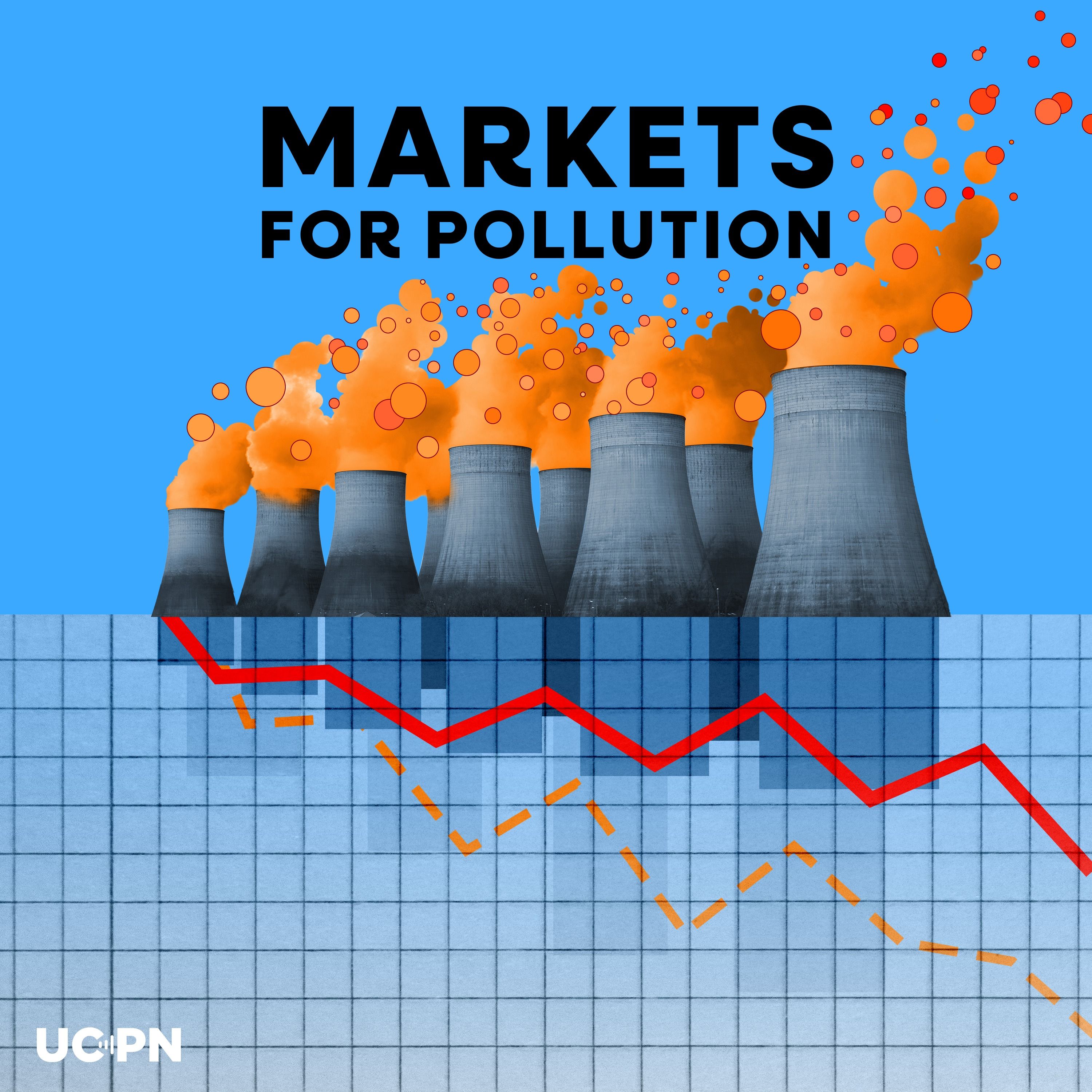Shocked

Shocked
Podcast Description
Are you tired of the same climate and energy stories? A warmer world is here. We’re living with it. Now what? Will countries ever stop burning fossil fuels? Should we use less energy? Can we adapt to a warmer world? What will it cost? Sometimes, we need to start by reexamining things we thought we knew.
Award-Winning Journalist Amy Harder and University of Chicago economist Michael Greenstone share new ways of thinking about the challenge from people on the frontlines as well as cutting-edge solutions — like changing the earth’s atmosphere, making batteries out of sodium and using artificial intelligence to predict the weather. Listen to learn about energy, climate, and the shocking ideas that will change your perspective.
Podcast Insights
Content Themes
Delves into climate change and energy solutions with a focus on innovative ideas and real-world applications, featuring episodes on topics such as the impact of fossil fuel dependency, adaptations to a warmer climate, and breakthrough technologies like sodium batteries and AI in weather prediction.

Are you tired of the same climate and energy stories? A warmer world is here. We’re living with it. Now what? Will countries ever stop burning fossil fuels? Should we use less energy? Can we adapt to a warmer world? What will it cost? Sometimes, we need to start by reexamining things we thought we knew.
Axios journalist Amy Harder and University of Chicago economist Michael Greenstone share new ways of thinking about the challenge from people on the frontlines as well as cutting-edge solutions — like changing the earth’s atmosphere, making batteries out of sodium and using artificial intelligence to predict the weather. Listen to learn about energy, climate, and the shocking ideas that will change your perspective.
In theory, the free market should help solve climate change. In reality, it’s rarely that simple. This episode explores how emissions markets work, where they’re taking off to reduce pollution, and why economists still believe markets are essential—if politics will let them be.
More on the pollution market in India: https://emissionsmarkets.org/evidence-from-india/
More on the scale up efforts: https://emissionsmarkets.org/
Shocked is part of the University of Chicago Podcast Network and produced by Magnificent Noise for the Institute for Climate and Sustainable Growth, which combines a 360-degree approach to education with frontier research having an impact in front-line communities globally. The Institute’s efforts are driven by the need to balance climate risks with societal growth. To follow or support their work, see our show notes or visit climate.uchicago.edu
Amy Harder is the host, along with co-host, Michael Greenstone, a professor at the University of Chicago and director of the Institute for Climate and Sustainable Growth. Our executive producers are Eric Nuzum, Michael Greenstone, and Sam Ori. Our production staff includes Christine Driscoll, Amy Pedulla, Sophie Bridges, Jamie York, and Samantha Henig. Our sound designer is Kristen Mueller.
Hosted by Simplecast, an AdsWizz company. See pcm.adswizz.com for information about our collection and use of personal data for advertising.

Disclaimer
This podcast’s information is provided for general reference and was obtained from publicly accessible sources. The Podcast Collaborative neither produces nor verifies the content, accuracy, or suitability of this podcast. Views and opinions belong solely to the podcast creators and guests.
For a complete disclaimer, please see our Full Disclaimer on the archive page. The Podcast Collaborative bears no responsibility for the podcast’s themes, language, or overall content. Listener discretion is advised. Read our Terms of Use and Privacy Policy for more details.